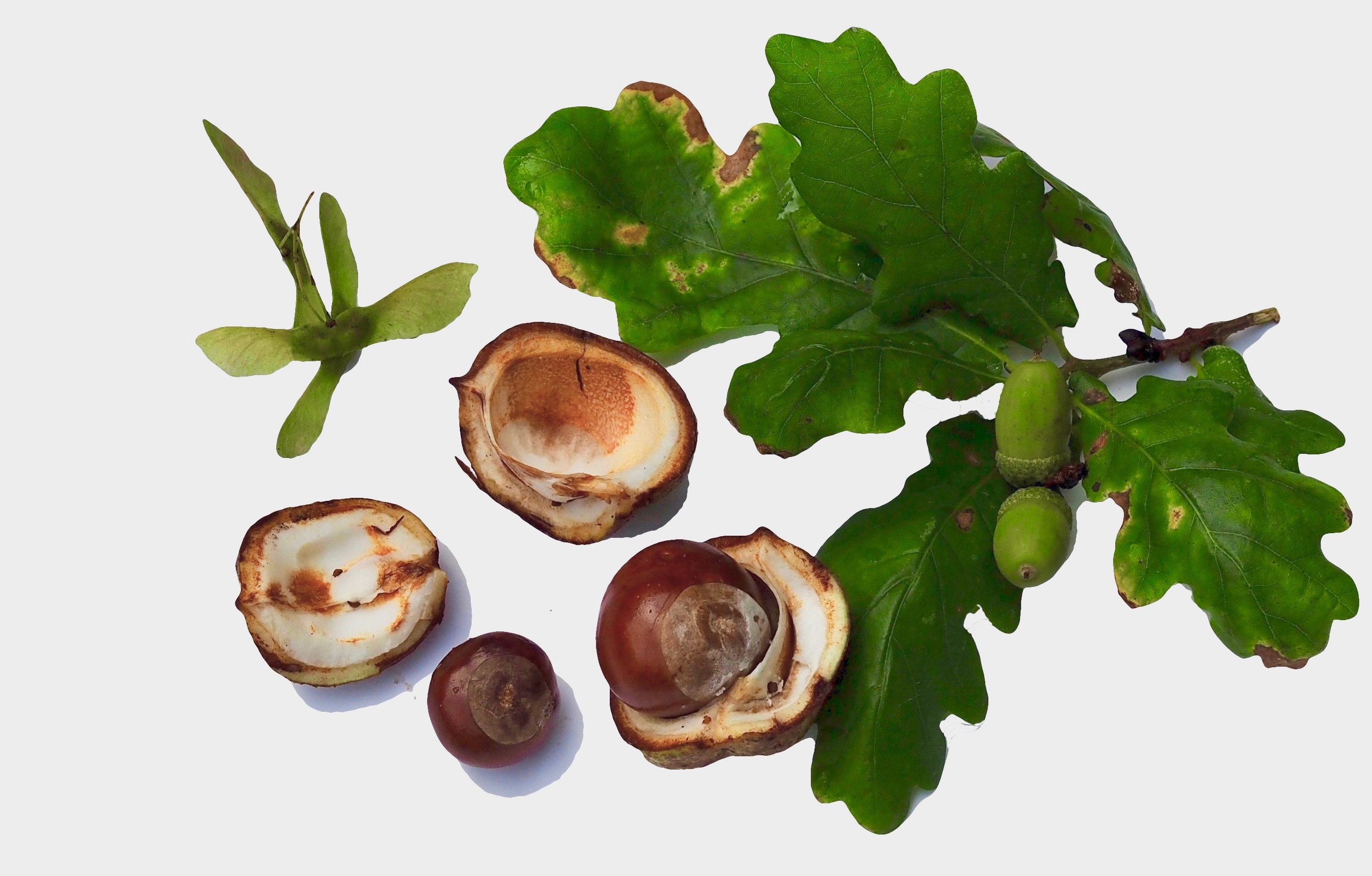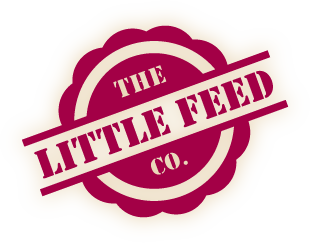
Britain is well known for its beautiful trees – Oak, Horse Chestnut and Sycamore being commonly found throughout our countryside in fields and woodlands. While we enjoy the shade they provide in summer, during autumn their fruits can put grazing stock and pets at risk. In this article we learn about the risks of acorns, conkers and sycamore seeds.
Acorns
Oak trees and their acorns contain tannins which are toxic to horses. If horses eat acorns in large numbers they may develop diarrhea, colic, gut damage or even kidney failure. Luckily, most horses don’t eat them in any significant quantity but some can get a taste for them, putting their health in grave danger. If you have an Oak tree in your field it would be advisable to fence it off so the horses can’t access the acorns, or move the horses to another field. In general, as long as there is plenty of other forage horses won’t eat the acorns, but they should be monitored closely. If a horse becomes lethargic or develops diarrhea and you are concerned that he may have been eating acorns you should contact your vet.
Acorns are also toxic to cattle, sheep and goats but pigs can eat them safely, and in some parts of the world pigs are fed large quantities of acorns to fatten them and flavour the meat!
Conkers
Apparently the horse chestnut tree was given its name because the Turks fed the seeds to their ailing horses, but generally the tree is considered toxic. Horses are very unlikely to eat conkers, and like acorns the quantity eaten affects their toxicity – the more they eat the more likely they are to become ill. Where as acorn poisoning is relatively common, poisoning caused by horses eating excess conkers is virtually unheard of.
Dogs poisoned by conkers is more common. Dog owners should be aware of conkers and never use them as a substitute for a ball or toy. Conkers contain a chemical called aesculin which can make a dog very sick. Symptoms include lethargy, diarrhea, discomfort and pain and may lead to toxic shock. Symptoms usually occur within 2 days of the dog eating conkers. You should contact your vet straight away if you believe you dog may be at risk.
Sycamore Seeds
Sycamore Poisoning in horses, known as Atypical Myopathy is a potentially fatal disease. In the autumn large numbers of the sycamore ‘helicopter’ seeds can fall to the ground, particularly after bad weather. It is not yet known what quantity of seeds must be eaten to cause symptoms, but we do know that some horses are more susceptible than others, and some seeds are more toxic than others. Sycamore seeds contain hypoglycin A, a chemical that affects muscles, including the heart muscle and muscles used for breathing. Severely affected horses will often die, but if treated early enough the prognosis is good. Signs to look out for include stiffness, lethargy, pain and red or brown urine.
Grazing near sycamores and the presence of red/brown urine are key indicators of atypical myopathy. Immediate action is necessary to prevent kidney failure. If you have sycamore trees close to where your horses are grazing, check the field daily and ensure your horses have plenty of forage and grass to reduce the chances of them eating sycamore seeds.


